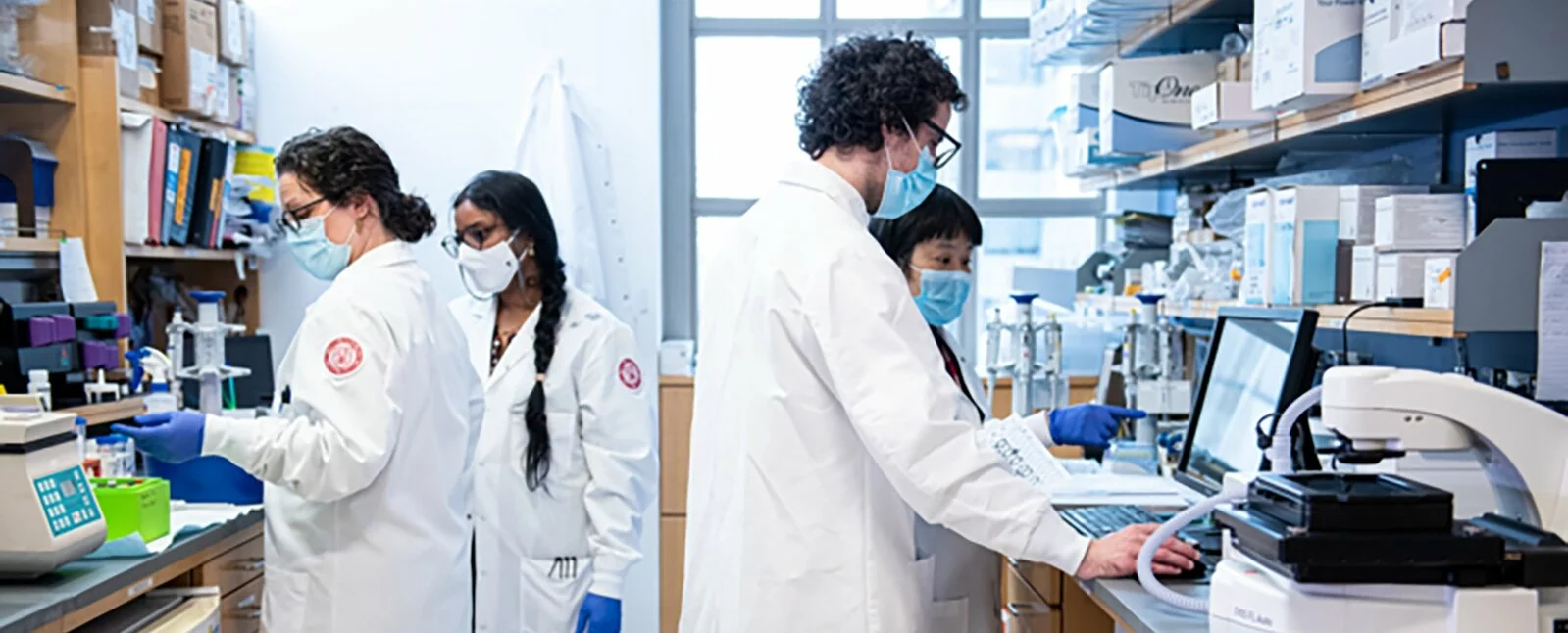Conceived in 2006 by longtime Foundation Chair Maurice R. Greenberg, the $200 million Starr Cancer Consortium (SCC) is an ambitious collaborative effort among five of the world’s top biomedical research institutions that share the goal of speeding up the translation of basic bench science to the clinic and accelerating access to new treatments and protocols for people living with cancer.
Consortium members include the Broad Institute of Harvard and MIT, Cold Spring Harbor Laboratory, Memorial Sloan Kettering Cancer Center, the Rockefeller University, and Weill Cornell Medicine. SCC grants require collaboration among investigators from at least two member institutions, and focus on research with the potential to transform the understanding and treatment of cancer.
SCC grants support young researchers at pivotal points in their careers. They also fuel early pre-proof-of-concept research, which is not typically eligible for NIH funding, thereby jump-starting testing of novel hypotheses that might otherwise go unexplored.
Highlights:
- SCC researchers are developing new technologies for the molecular characterization of different types of cancer and applying these technologies to identify new therapeutic and diagnostic targets to gain insights into the biological mechanisms by which cancers arise or worsen.
- The computational power of scientists at the Broad Institute and Cold Spring Harbor Laboratory is helping researcher-clinicians at Weill Cornell, the Rockefeller University, and MSK analyze huge numbers of tumors in search of mutations that may respond to drugs already on the market.
SCC scientists helped develop and conduct clinical trials for a game-changing new treatment: tumor-infiltrating lymphocyte (TIL) therapy that uses a patient’s immune cells to kill cancer. After removing a cancerous tumor, scientists extract the immune cells that are already fighting the cancer, apply a treatment to multiply those cells, and then infuse them back into the patient’s body where they can seek out and destroy remaining cancer cells. TIL therapy was approved by the FDA in early 2024.
Learn more about SCC
